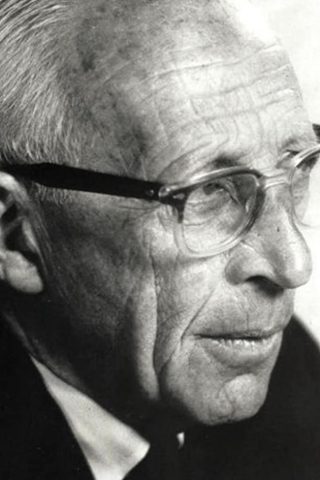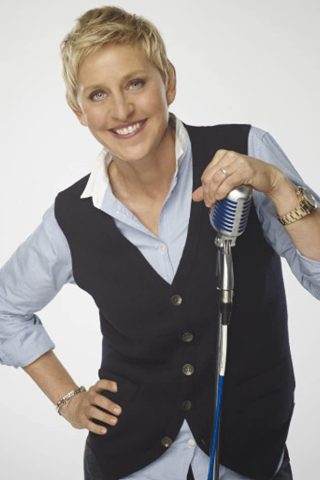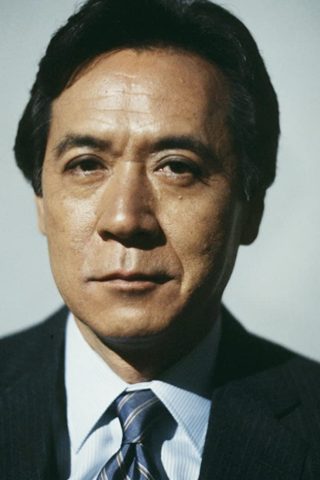
| Name | Charles Lane |
| Phone |  |
| Email ID |  |
| Address |  |
| Click here to view this information |
Mean, miserly and miserable-looking, they didn’t come packaged with a more annoying and irksome bow than Charles Lane. Glimpsing even a bent smile from this unending sourpuss was extremely rare, unless one perhaps caught him in a moment of insidious glee after carrying out one of his many nefarious schemes. Certainly not a man’s man on film or TV by any stretch, Lane was a character’s character. An omnipresent face in hundreds of movies and TV sitcoms, the scrawny, scowling, beady-eyed, beak-nosed killjoy who usually could be found peering disdainfully over a pair of specs, brought out many a comic moment simply by dampening the spirit of his nemesis. Whether a Grinch-like rent collector, IRS agent, judge, doctor, salesman, reporter, inspector or neighbor from hell, Lane made a comfortable acting niche for himself making life wretched for someone somewhere.
He was born Charles Gerstle Levison on January 26, 1905 in San Francisco and was actually one of the last survivors of that city’s famous 1906 earthquake. He started out his working-class existence selling insurance but that soon changed. After dabbling here and there in various theatre shows, he was prodded by a friend, director Irving Pichel, to consider acting as a profession. In 1928 he joined the Pasadena Playhouse company, which, at the time, had built up a solid reputation for training stage actors for the cinema. While there he performed in scores of classical and contemporary plays. He made his film debut anonymously as a hotel clerk in Smart Money (1931) starring Edward G. Robinson and James Cagney and was one of the first to join the Screen Actor’s Guild. He typically performed many of his early atmospheric roles without screen credit and at a cost of $35 per day, but he always managed to seize the moment with whatever brief bit he happened to be in. People always remembered that face and raspy drone of a voice. He appeared in so many pictures (in 1933 alone he made 23 films!), that he would occasionally go out and treat himself to a movie only to find himself on screen, forgetting completely that he had done a role in the film. By 1947 the popular character actor was making $750 a week.
Among his scores of cookie-cutter crank roles, Lane was in top form as the stage manager in Twentieth Century (1934); the Internal Revenue Service agent in You Can’t Take It with You (1938); the newsman in Mr. Smith Goes to Washington (1939); the rent collector in It’s a Wonderful Life (1946); the recurring role of Doc Jed Prouty, in the “Ellery Queen” film series of the 1940s, and as the draft board driver in No Time for Sergeants (1958). A minor mainstay for Frank Capra, the famed director utilized the actor’s services for nine of his finest films, including a few of the aforementioned plus Mr. Deeds Goes to Town (1936), Arsenic and Old Lace (1944) and State of the Union (1948).
Lane’s career was interrupted for a time serving in the Coast Guard during WWII. In post-war years, he found TV quite welcoming, settling there as well for well over four decades. Practically every week during the 1950s and 1960s, one could find him displaying somewhere his patented “slow burn” on a popular sitcom – Topper (1953), The Real McCoys (1957), The Many Loves of Dobie Gillis (1959), Mister Ed (1958), Bewitched (1964), Get Smart (1965), Gomer Pyle: USMC (1964), The Munsters (1964), Green Acres (1965), The Flying Nun (1967) and Maude (1972). He hassled the best sitcom stars of the day, notably Lucille Ball (an old friend from the RKO days with whom he worked multiple times), Andy Griffith and Danny Thomas. Recurring roles on Dennis the Menace (1959), The Beverly Hillbillies (1962) and Soap (1977) made him just as familiar to young and old alike. Tops on the list had to be his crusty railroad exec Homer Bedloe who periodically caused bucolic bedlam with his nefarious schemes to shut down the Hooterville Cannonball on Petticoat Junction (1963). He could also play it straightforward and serious as demonstrated by his work in The Twilight Zone (1959), Perry Mason (1957), Little House on the Prairie (1974) and L.A. Law (1986).
A benevolent gent in real life, Lane was seen less and less as time went by. One memorable role in his twilight years was as the rueful child pediatrician who chose to overlook the warning signs of child abuse in the excellent TV movie Sybil (1976). One of Lane’s last on-screen roles was in the TV-movie remake of The Computer Wore Tennis Shoes (1995) at age 90. Just before his death he was working on a documentary on his long career entitled “You Know the Face”.
Cinematically speaking, perhaps the good ones do die young, for the irascible Lane lived to be 102 years old. He died peacefully at his Brentwood, California home, outliving his wife of 71 years, former actress Ruth Covell, who died in 2002. A daughter, a son and a granddaughter all survived him.
Details
Charles Lane Keywords
Charles Lane Contact Details, Charles Lane Facebook, Charles Lane Instagram, Charles Lane Phone Number, Charles Lane Cell Phone, Charles Lane Address, Charles Lane Whatsapp Number, Charles Lane Whatsapp Group, Charles Lane Email, Charles Lane Phone Number 2020, Charles Lane Twitter Account




